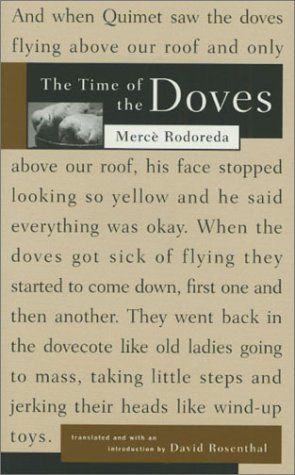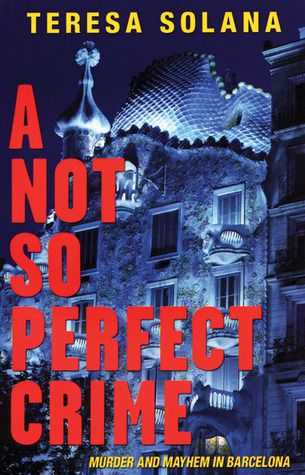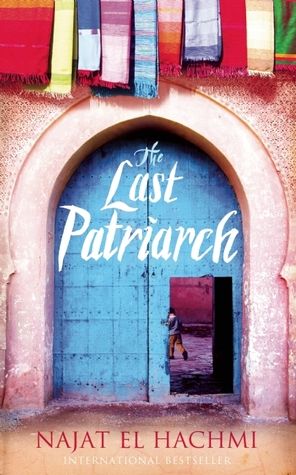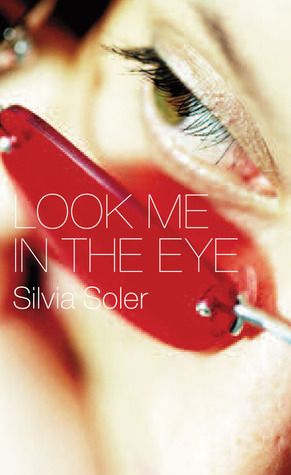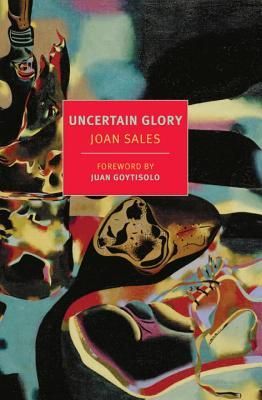Catalan is a Romance language spoken in Catalonia, Andorra, and other parts of eastern Spain, as well as the Pyrénées-Orientales department of France. It has more than 4 million native speakers, most of whom also speak Spanish; more than double that number understand Catalan, or speak it as a second language. During Francisco Franco’s 40-year dictatorship, Catalan was prohibited: it was only when Spain transitioned to democracy in the late 1970s, and Catalonia regained control of its own education system, that Catalan was allowed to experience a rebirth. Today, public schools in Catalonia (where Barcelona resides) teach exclusively in Catalan, a backlash to the former repression and attempt to reclaim the region’s identity and language. A large movement today is seeking independence and autonomy for Catalonia, a region that throughout Spain’s history has differentiated itself with its language, culture, and politics, and the Catalan language is tied into this fight. For all these reasons, as I educated myself about the region and prepared to travel to Barcelona, I was determined to include Catalan literature in my reading list. It wasn’t easy: I made a list of those that were actually translated into English, and then had to cut that down because some weren’t available. A frustrating number of international bestsellers, feminist short story collections, and powerful modern novels were either not translated into English, but were translated but out of stock or print. Women and marginalized groups are particularly vulnerable to this neglect, and I found it difficult to find translated, available works by authors of color to add to this list. Montserrant Roig, Marta Rojals, and Pere Calders were just a few of the authors I found were disappointingly unavailable in English. Ultimately, I did make a list however, and these are some of its treasures. I read Quim Monzó in anticipation of my trip, shivering in Chicago cold and anticipating warmer temperatures. I read Mercè Rodoreda as I walked Barcelona’s tiled streets, as I sat with a glass of wine in one of its many plazas, and as I sat in Parc Güell, overlooking the city and smelling the sweet honeysuckle around me. And I’ve read many more since, reminding myself of my trip. These 12 Catalan books in translation come highly recommended. Please note that while I took great care to list content warnings when I could, sometimes things fall through the cracks. Please do additional research on the recommended titles if needed. The Time of the Doves is her most famous novel, a work that uses stream-of-consciousness and which has been translated into more than 30 languages. In it, she writes of a simple soul of a young woman trying to survive the Spanish Civil War. She deals with difficult relationships with two men and slowly grows into her own self, into her own independence. It’s a big, compelling, funny, emotional story that is rooted in the ideas of found family, friendship, intergenerational story-telling. The friendship of Gabriel and his best friend Bundó, and the mythological of their truck making its international moves, all are full of adventure, and while the book is long, it’s also impossible to put down. (Content warnings for suicidal ideation, death, sexual assault, domestic and child abuse.) Content warnings for physical, emotional, psychological, and vocal domestic abuse, suicide attempt, and rape. (Content warning for sexual assault.) Sales was himself a combatant, and he portrays in gray, smoky truth the murky divisions of the war, the impact on civilians, the ugly crimes committed by soldiers of both sides, the confusion of war, the beauty of the Aragon countryside. It’s a thick novel of disillusionment and young people struggling to survive while praying for a better future. Publishing it was a battle against the censors, as it was the first Catalan novel to depict the civil war from the defeated side, and was banned by Franco. It appeared in the form we have it today in 1971. (Content warnings for violence, bombing, murder, religious persecution, torture.) (Content warnings for sexism, torture, ritualized violence.)
